|
Books for Free (sorry, not a giveaway post)
|
Though I do have an ongoing giveaway here.
Let me preface this with an apology. I’m about to get all deep-thoughty about digital book pricing and so forth. I feel sort of bad blogging about this when a) I blog so infrequently nowadays and b) most of the people who regularly check this blog are, I suspect, not doing so because they want my unsolicited opinions on this topic. Most would probably much rather hear about the next book, right?
So I’m happy to say firstly–I have posted a bit of info about the new series and two–count them, two!–dueling excerpts from A Night to Surrender here. Anyone not interested in digital book pricing and libraries and so forth, please do follow that link and never mind what is beneath the fold.
If you are interested, read on… (but don’t say I didn’t warn you!)
There’s been an interesting discussion ongoing about digital book economics and pricing lately. The ever-brilliant Courtney Milan has been blogging about this. So has the one and only Stephanie Laurens. Dear Author has an ongoing discussion.
I normally sit back and just slurp up opinions of people smarter than me when it comes to these things. My publishing crystal ball looks like it’s filled with maple syrup. But it occurs to me today that I might be able to bring a useful perspective to this particular discussion.
Because from where I’m sitting, it seems that a lot of author and publisher anxiety about the emerging digital market stems from questions like these: “What will happen when readers can get lots of books for free or next-to-free? And when books from established, bestselling authors appear right next to books from small-and self-published unknowns, with little to distinguish them from one another? Will readers stop caring about quality? Will they becoming unwilling to pay more than a dollar for any book? And wouldn’t it be lovely if we had some analogous book-browsing marketplace from which we could infer useful predictions?”
The thing is, we do have that. It’s called the public library.
In a public library, all the books are available for free or low-cost. Mega-bestsellers and indie-pubbed books occupy the same shelves. Is this a perfect analogy for the digital publishing landscape? Absolutely not. But I do think it’s a moderately useful one, and one that allows me to draw a few (what will hopefully be reassuring) conclusions.
(Note: these are strictly my opinions and observations, drawn from my years of experience as a public librarian. They are not based on empirical data. If you think I’m completely off-base, feel free to tell me so in the comments.)
1. Even when all books are free, readers are still discerning.
Really, I feel like this should be obvious–but evidently it’s not. I’ve heard more than one person worry that readers will cease to care about quality writing, if they can get books for free.
My answer: Visit a library. You won’t worry anymore.
Here we go with my own pet theories of reading economics. The monetary cost of a book is only one cost a reader incurs, when s/he chooses to read a book. Regardless of whether or not a reader pays money for the book, there are always costs incurred–namely time and mental energy. These costs matter, too. It’s easy to see this in action, as a librarian. All the books (well, most–I’ll get to that later) on the library shelves are free — and yet, library patrons don’t just go in any grab any 5 random books off the shelves. They are still very selective, because even reading a free book requires an investment of time and mental energy. They want to be as sure as they can that they’ll receive the desired payoff in return for their investment. Library patrons ask for recommendations; they look for booklists or displays or special spine labels. They pay a lot of attention to covers and cover copy. They might be willing to consider a wider variety of books to borrow than they would consider purchasing, but they’re still discerning–even in an environment where everything is free or almost free.
2. Even when plenty of free books are available, readers are still willing to pay for books.
Courtney Milan already made this point, but I’d underscore it with my library example. In many public libraries nowadays, it’s not true that every book is free. Well, it is and it isn’t. For hot new titles, what many libraries do is purchase copies for the regular collection–which check out for free, but you typically have to put yourself on a waiting list. Sometimes a looong waiting list. Then the libraries also purchase additional “rental” copies, which are available instantly, but for a fee of $1-2.50. That’s a fee (higher than a $0.99 Kindle book, I might add) that readers pay not to own the book, but just to keep a book for a week. And these rental copies do very well, even though they are shelved in a building right alongside thousands of free books. Even though patrons could get the same book for free, if they waited on the list. Library patrons are also frequently willing to pay interlibrary loan fees to get books that aren’t in their home library’s collection. And many more patrons just decide “to heck with it” and go purchase the book themselves. So I just don’t worry that an abundance of free books will discourage people from paying for desirable titles. Even if they’re all housed in the same “space”.
There are probably other parallels that could be drawn with the public library analogy, and also probably lots of holes that could be punched in the ones I’ve drawn. I’ve blathered on long enough, so I’ll leave that for the comment section. 🙂
My overall point is, books are a unique commodity. It’s hard to predict how people will evaluate and purchase them based on models of toothpaste, or even music albums or newspaper subscriptions. But if publishing is collectively wondering “How will book buyers behave in a marketplace full of free and cheap e-books?”–it might be useful to take a field trip to the public library and observe. Because there they will find actual readers in the wild, interacting with a vast number of free and cheap books.
I’m editing this to clarify–I don’t meant to suggest that the ideal (or probable) book-buying landscape of the future resembles a free public library. I only mean to talk about reader behavior, and whether/how it changes when we are offered plenty of free and cheap books.


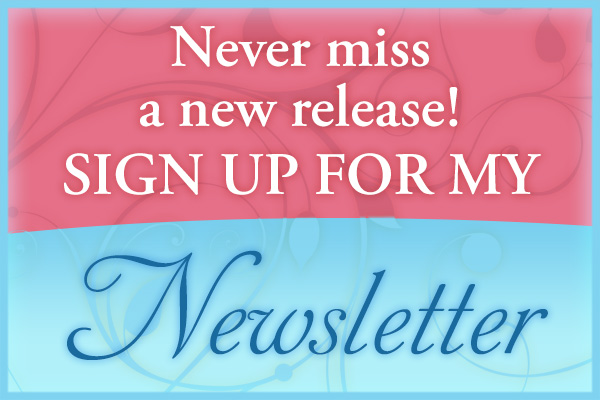
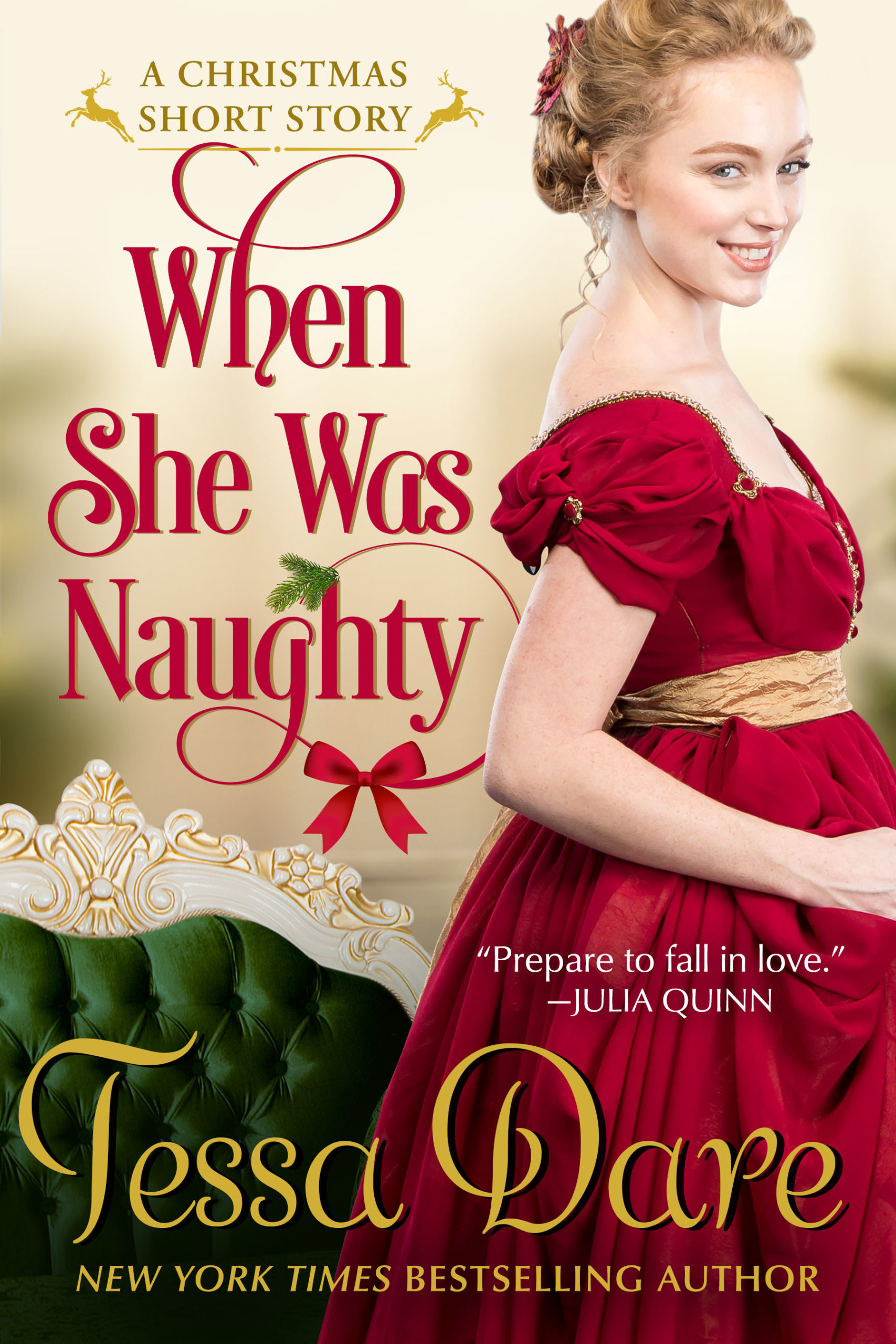
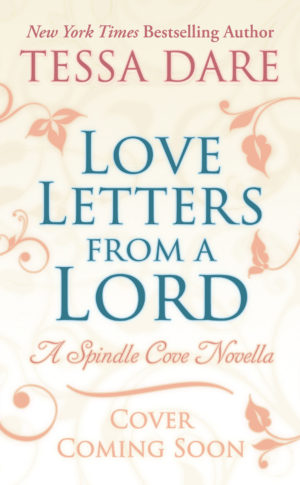
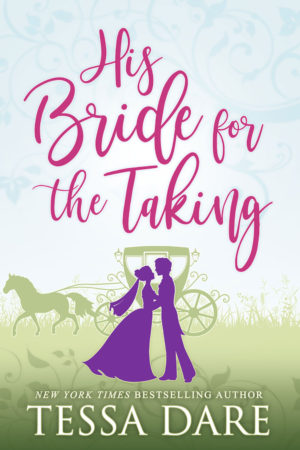
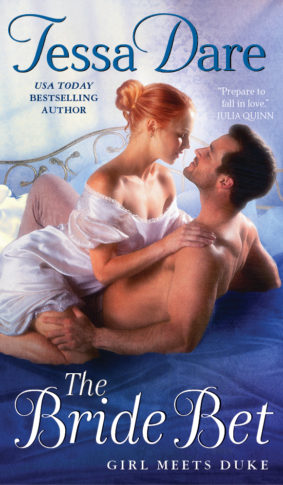
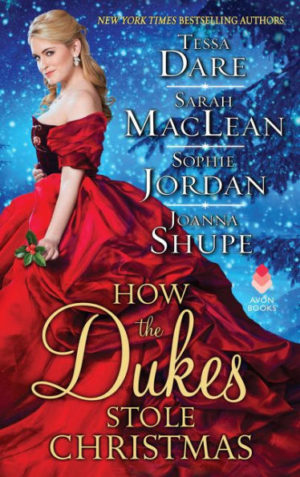

March 21st, 2011 at 4:42 pm · Link
Excellent observations. I’ll have to see whether my library has rental copies. Seems a perfect compromise between waiting and buying full price. Excuse me while I run…
March 21st, 2011 at 4:28 pm · Link
Actual readers? You mean, we can talk to them, and not just try to make them buy stuff?
😯
March 21st, 2011 at 5:01 pm · Link
You make excellent points, Tessa. Granted it isn’t a perfect analogy, but you’re right that readers a) can already get books for free, and b) consider the time and energy they put into reading a book as an investment, regardless of how much money they also paid.
Different readers have different value scales and priorities, just as we have different tastes. I think the exciting and challenging aspect of the changes is for authors to find what works for them in reaching their readers/potential readers.
March 21st, 2011 at 5:50 pm · Link
As an “actual reader” 😉 , I can say that SonomaLass is spot on…my reading time is precious and I won’t waste it on anything that I find poorly written or edited. As a kindle owner I’ve happily explored some of the titles available for free and some are pretty good reads, but I’ve found many (self-published in particular) to be poorly edited messes. Personally, I look at a few things when selecting a new book. Good reviews (both trade and consumer), prior positive experience with the writer, a blurb that intrigues me, and reputation of the author. 99 cents isn’t much to pay for a book, and maybe some people just say what the hell and buy them without much info to go on, but I’d rather pay a little more to ensure that I have a reasonable chance of getting the reading experience I’m looking for at the moment. There are a lot of really bad books out there in the free e-world and I just don’t have the time or interest to waste on them. In the end, it will be about what it’s always been about, writers will sell more books at better prices because they are good writers, and discriminating readers will always seek them out. JMHO
March 21st, 2011 at 7:55 pm · Link
@Courtney Milan: You know, I can’t say that librarians are any better than publishers at market research. Statistically, I think we know far less about why people read certain books than we know about why they buy certain cars, TVs, or just about anything. I don’t know why that is.
@Jennie Bentley: It’s never a bad time to run to your public library!
@SonomaLass: You’re so right that the calculations are different for each reader. Right now, a lot of this conversation (and digital book buying, in general) is dominated by those early adopters who are voracious readers. People who consume several books a week, read several hours a day. Which is an awesome thing, but those readers might make have different purchase criteria from the casual reader who reads maybe 2-3 books a month. As we see more of those readers enter the digital market, it will be interesting to see if sales patterns change at all.
@Sugarshok: Great comment! I totally agree, that just because it’s fun to download cheap stuff and try new things, it doesn’t mean readers won’t also take note of quality and reputation. E-readers are gadgets, and I think everyone who gets one goes through an initial “Whee, new gadget!” phase, where we want to fill it up with whatever we can find…and then we get more discerning with what we download. I know I’m definitely this way with iPhone apps. I used to download all kinds of free and 99cent apps just because they were there – but now, I’m more likely to pay 2.99 or more for an app I actually want, because the novelty has worn off.
My personal gut feeling is that, as we move forward, authors are best-served to have their work available at varying price points. Something for free/very cheap as a taster. A few backlist titles at a substantially reduced price, to build readership. Then the newer titles at whatever “standard ebook price” turns out to be.
March 21st, 2011 at 8:14 pm · Link
I think you make excellent points, and I’m always happy to see authors who recognize the value of libraries. 🙂
(BTW, just finished Three Nights With a Scoundrel and it was lovely. And…I confess… it was a library book. But I may buy a copy to own.)
March 21st, 2011 at 9:34 pm · Link
I think it’s pointless to discuss price, and only the price, to talk about sales, etc.
I indie pubbed 3 titles, and they’re all priced differently. If readers are that price-sensitive, the cheapest one should sell the most with the most expensive one selling the least. My experience is actually the opposite. I have no idea why. They all have professionally designed covers, and they’ve been professionally edited.
March 22nd, 2011 at 5:09 am · Link
Thanks for your thoughts on this Tessa!
I am a HUGE library user and fan. My library doesn’t charge for titles, just for movies…and will soon be getting ebooks. I live in a relatively small city for the library system that we enjoy and for that I am very grateful.
I have tried so many authors, many that I love because of finding their books in the library…for free (when you don’t count late fees). But as a voracious reader, who has an ereader I will tell you flatout that I am more discerning in ebook reading, even if it is offered for free or a low price 0.99.
If I see that it is a self pubbed, or very small online press I won’t even download it, even if it is free. In my experience the quality is lacking. And as Sonomalass already stated my reading time is limited and valuable. So when I sit down to read I want the chances to be pretty good that I am going to enjoy a QUALITY read.
That doesn’t mean it can’t be self pubbed, and even some NY titles are less than stellar, but I do feel a measure of security that the money/time I spend has a better chance of being well spent (regardless of the amount) than a self pubbed title.
The exception to this is if a well established author decides to self pub a few titles or books from their backlist that they now own rights to again. But even then I’ve been burned, by an author that I love…but her self pubbed titles haven’t lived up to what I’ve come to expect from her. Based on two experiences I won’t be buying her ebooks again, just her traditionally published novels.
Price is important in ebooks. I am more likely to buy an ebook between $3-4 than I am to “buy” a free or .99 book, unless it is a special promo from a NY publisher to highlight an author. So Nadia’s experience with her ebook sales doesn’t really surprise me.
I know I am rambling, but like you said, this has been all over blogs recently. And I often wonder where publishers get their marketing data, because as an avid reader, they sure don’t know or understand my reading and buying habits…at all.
One last thing…publishers will lose if they continue to price their ebooks the same price as print books because I refuse, REFUSE, to pay the same price for an ebook which I don’t own, can’t share, giveaway, or sell when I am done reading it. In essence I am borrowing the book like from a library (though without an expiration date) and as a result I don’t think that garners the same price as a book that I actually own. And with as fast as technology changes I am hesitant to build my own personal library of favorites digitally because years from now that format could be obsolete. Paper will not. I will always be able to pick up an enjoy a book in paper format, not necessarily so with a digital book. (I think music is a perfect example of this…records, tapes…no longer useful.)
March 22nd, 2011 at 8:22 am · Link
@willaful: Thanks for reading Three Nights! So glad you enjoyed it. Believe me, no one should ever feel sheepish about getting my book from the library. I’m a librarian! It makes me happy.
@Nadia Lee: Thanks so much for sharing your experience! That is interesting, and not what I would have expected. It almost makes me wonder if there might be a kind of bias developing where readers are suspicious of books that are priced too low. Fascinating.
and @Booklover1335: Thank you so much for such a thoughtful, detailed comment! I admit, I am not the same kind of ebook buyer you are, so it’s good to get that kind of perspective. I normally purchase ebooks because I already know I want that particular title – and in my case, I honestly don’t mind paying paperback cover price (or close to it) for an e-book because it saves me having to find space for one more paperback. (I typically save my books.) Hardcover is a different story, though. And of course, I would *rather* pay a dollar or so less for the ebook, just because hey – a dollar less. 😉 However, I completely understand your argument that the e-book does not have a residual value, compared to the hard copy.
I imagine we’re going to eventually arrive at a “sweet spot” of e-book pricing, and an industry standard pricing for novel-length works will evolve–but I think it’s going to take a lot more market experimentation. So if everyone just keeps buying or not-buying according to his/her personal criteria…that’s part of the process, right?